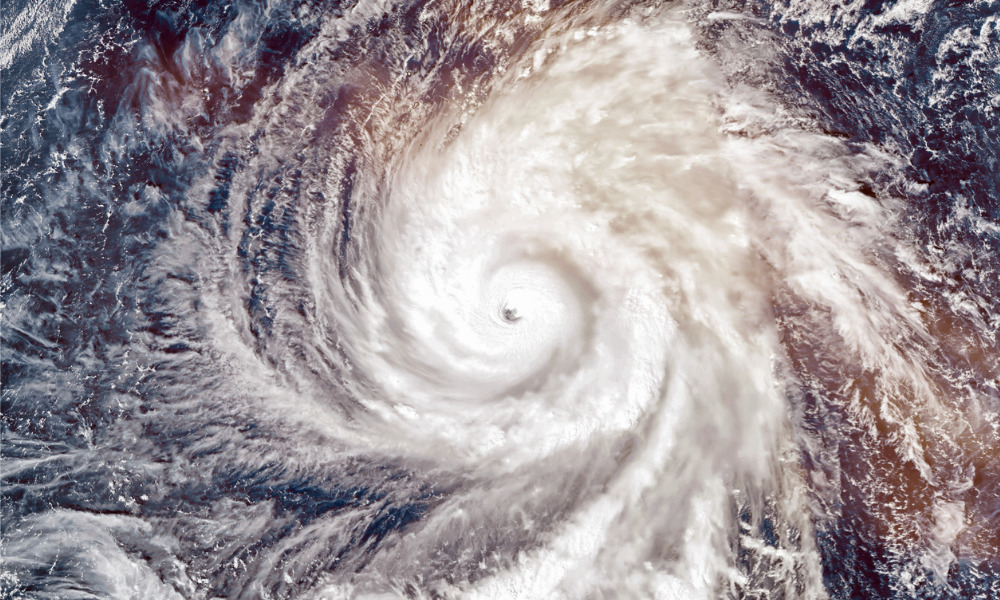
Businesses advised to adopt a 'sympathetic and flexible approach'

Hong Kong's Labour Department has advised employers to make prior work arrangements with their employees during and after a tropical cyclone or rainstorm warning as Typhoon Nesat threatens the financial hub.
In a statement, the department stressed that coming up with prior work arrangements will ensure employees' safety and the smooth operations of businesses. It will also avoid potential misunderstanding, disputes, and confusion.
The department advised that consultation should be made with employees on work arrangements, and it should cover:
Read more: Typhoons and disasters: What HR needs to remember
"In drawing up and implementing the work arrangements and contingency measures for periods during and after tropical cyclone and rainstorm warnings, employers should give prime consideration to employees' safety and the feasibility for employees to travel to and from their workplaces," said a spokesperson from the department in a statement.
"Employers should also give consideration as much as possible to the different situations faced by individual employees, such as their place of residence and the road and traffic conditions in the vicinity, and adopt a sympathetic and flexible approach with due regard to their actual difficulties and needs."
Employers were also told to make a "timely and realistic assessment" on whether there is a need for essential staff to report to work when a tropical cyclone or rainstorm warning is enforced, stressing that their number should be kept to the minimum as far as possible.
"In assessing the need for essential staff, employers should take into account the safety of employees, including the feasibility for employees to travel to and from their workplaces or work from home in adverse weather. Employers should also consider the business nature, operational needs, and urgency of service, with due regard to the manpower requirements, staffing establishment, and individual situations of employees," advised the spokesperson.
Read more: HK staff penalised for missing work over typhoon
In addition, when a Pre-No. 8 Special Announcement is issued during work hours, which could indicate worsening weather conditions and suspension of public transportation:
In cases where it is necessary for employees to report for duty at workplaces, employers are advised to discuss duty arrangements and contingency measures.
"If public transport services are suspended or limited when Tropical Cyclone Warning Signal No. 8 (T8) or higher is in force, employers should provide safe transport services for employees travelling to and from workplaces, or grant them an extra travelling allowance," advised the spokesperson.
Read more: What can HR do in a natural disaster?
Meanwhile, if an employee cannot report for work due to the weather conditions, employers are told that they are prohibited form withholding wages, good attendance bonuses, or allowances.
"Employers should enquire into the reasons and give due consideration to the exceptional circumstances in each case and should not penalise or dismiss the employee concerned rashly," said the Labour Department's spokesperson.
The department further reminded employers of their duties under the Employment Ordinance, the Occupational Safety and Health Ordinance, the Factories and Industrial Undertakings Ordinance, the Employees' Compensation Ordinance, and the Minimum Wage Ordinance.
Under the Employees' Compensation Ordinance, employers are liable to pay for compensation in case of a death or injury of an employee who is on their way to the workplace (or returning home from it) four hours before or after working hours on a day when a T8 or higher or a Red or Black Rainstorm Warning Signal is in force. It also applies when the incident takes place within the period when "extreme conditions" arise from a natural disaster.